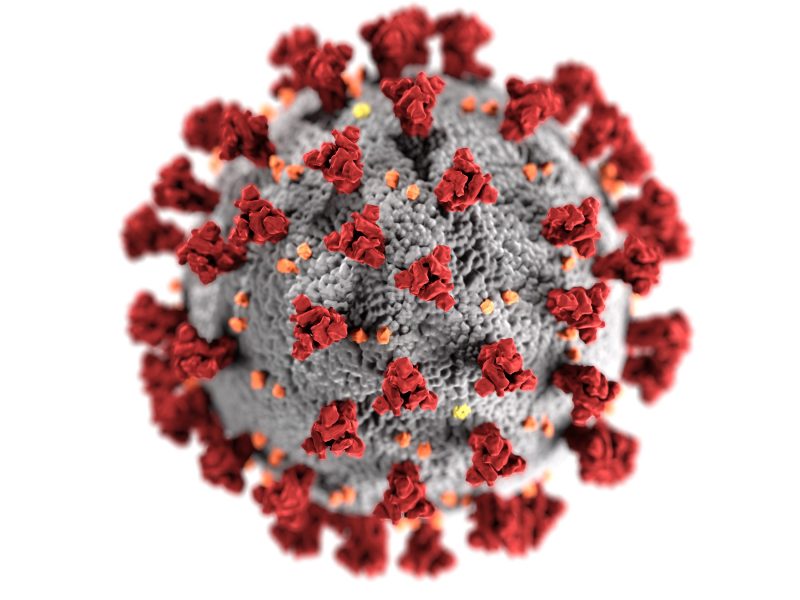Reflections on Coronavirus

Like you, I am stunned by the pace of events the past month. Covid-19 is a truly extraordinary moment in UK, nay global, history. From my vantage point in Somerset, UK, it feels like we are coming towards the end of the first act of a disaster film. Where processes have been put in place, organisations have mobilised, public health messages have gone out, and now we wait. If it were a film there would be an appropriate musical piece that suggests a clock ticking as we head towards the second act.
Like you I have no idea what is going to happen in that second act. Will people I know get the virus? Will they die? Will I?
It is frightening.
But, in the face of what could become unbridled panic, I also have great trust in the public health system of this country. That includes all those who are tasked with caring for, and disposing of, deceased people. Right now they will be frantically working on protocols and processes, to ensure that they have capacity to cope with a sudden increase in the number of deceased people. Clearly that will involve funeral directors, but it will also include Anatomical Pathology Technicians (mortuary assistants), coroners, gravediggers, crematoria staff and cemetery groundsmen and women.
For funeral directors specifically a great unknown right now is whether the Government will halt all funeral [ritual] services, in order to limit public gatherings and to ensure a swift and efficient throughput of bodies for cremation. It sounds also apocalyptic to write that, but it is a decision potentially heading our way.
Referred to as ‘direct cremation’, for some not having a form of ritual at the time of the deceased person’s cremation may be extremely distressing – particularly as it takes away their choice of where and when. For others, who perhaps did not envisage a large funeral service (or indeed, any) for themselves or for those they would have ordinarily organised a funeral for, it may not be such a challenging decree.
What does matter, I think, is the manner in which a direct cremation happens, the quality and sensitivity of the communication from the authorities to the family, and the extent to which families are aware of what they might be able to do to commemorate the deceased once this extraordinary moment has passed. After all, cremation of bodies does still allow for the possibility of rituals with ashes, and this may be the de facto option for many later this year.
Importantly, all of this requires trust between the public and those who have a role in ensuring the health and sanitation of the population. So when you hear messages about saving and thanking ‘our NHS’ and supporting those working on the frontline, please remember to include all those thousands working in public health.
However the next few months pan out, I have no doubt that the work and insight of all the contributors to the now postponed Good Grief Festival will be needed more than ever. Facing, acknowledging and accepting our mortality in such a time of crisis will have a profound impact on us as individuals, communities and as a population. It will raise questions over the ascription of value to particular lives, inequalities and discrimination, and our collective willingness to engage with – and help others – when we face our physiological vulnerability.
It will also create significant questions about how we grieve, mourn and commemorate the dead. If funerals are halted – as they may well be in the coming days – will individuals and families feel the need for some kind of ritual a time after the person has died? Will there be a collective need to come together to acknowledge loss? Only time will tell.
For now, we make sensible decisions about how we live our lives, we support those who need it, and we wait. Stay well everyone.
Dr Kate Woodthorpe www.katewoodthorpe.com
Senior Lecturer, Centre for Death and Society, University of Bath